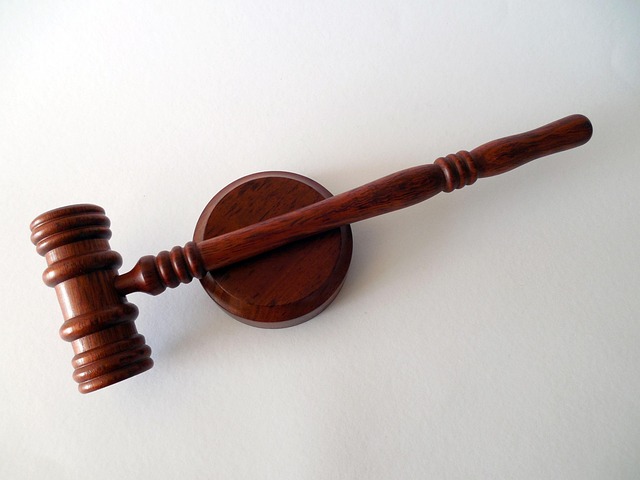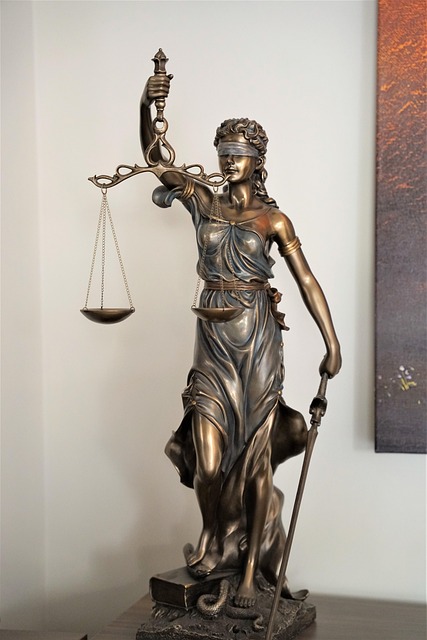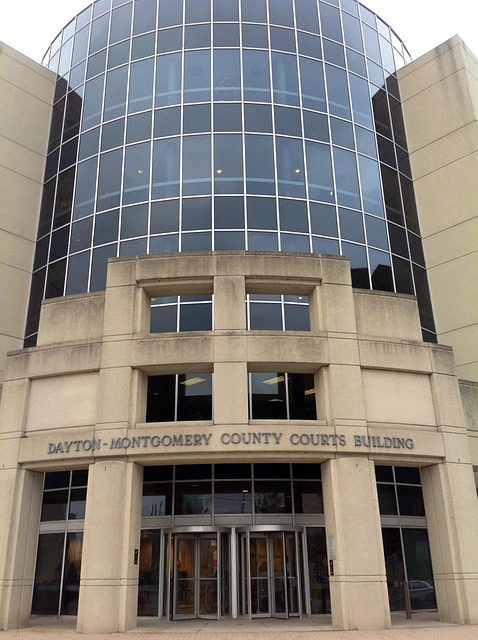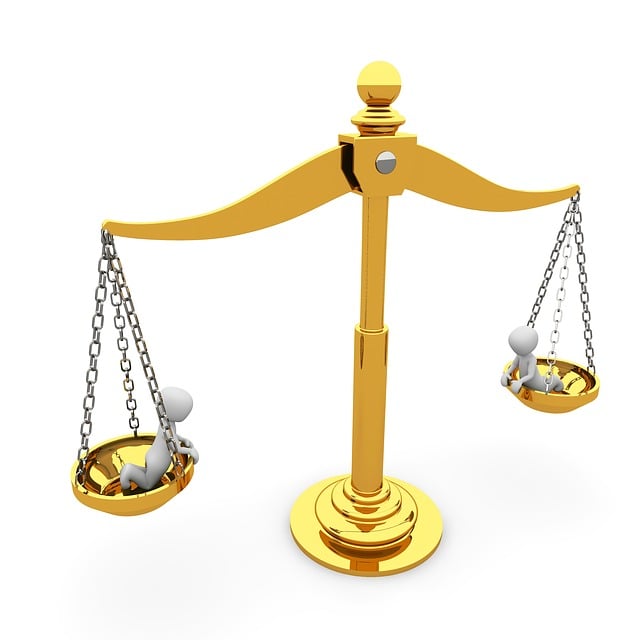The initial assessment stage of C-Level investigations uncovers potential misconduct through document review, witness statements, and red flags like financial irregularities. This process paves the way for the Timeline for Post-Conviction Relief Process, crucial for achieving charge dismissal in jury trials. Mastering this timeline involves strategic case review, evidence gathering, appeal grounds identification, adherence to strict procedural rules, and seeking just resolutions through overturned verdicts or reduced sentences. Meticulous evidence collection, leveraging networks, and proactive documentation are key to navigating complex legal proceedings and securing positive outcomes.
In response to high-level misconduct allegations, C-suite investigations are on the rise. This comprehensive guide navigates the critical stages of the post-conviction relief process, from initial assessment to seeking justice. We explore triggering events and preliminary findings, demystify the legal framework, and detail evidence collection strategies for robust support. Learn how strategic planning ensures success through legal proceedings, and discover the timeline for this complex journey towards accountability and justice.
- Initial Assessment: Triggering Events and Preliminary Findings
- Legal Framework: Understanding Post-Conviction Relief Requirements
- Evidence Collection: Documenting Misconduct and Gathering Support
- Strategic Planning: Navigating Legal Proceedings for Success
- Execution and Outcome: Timeline for Seekinr Justice
Initial Assessment: Triggering Events and Preliminary Findings
When a C-Level investigation is initiated, the initial assessment stage involves meticulously reviewing the triggering events that led to the need for such a probe. This crucial phase yields preliminary findings, offering insights into potential misconduct or ethical breaches within the respective business. Investigators delve into the timeline leading up to the incident(s), examining internal documentation, communications, and witness statements.
This process often uncovers red flags, including financial irregularities, unethical practices, or violations of corporate governance guidelines. Preliminary findings may suggest a need for further investigation, such as gathering additional evidence, conducting interviews with key stakeholders, or analyzing data to establish a comprehensive understanding of the situation. Ultimately, this initial assessment paves the way for informed decision-making and sets the timeline for post-conviction relief processes, aiming towards a complete dismissal of all charges, should the investigations prove the innocence of those under scrutiny, ensuring fairness in jury trials.
Legal Framework: Understanding Post-Conviction Relief Requirements
The legal framework surrounding post-conviction relief is a complex web that requires meticulous navigation. Understanding the timeline and requirements for this process is paramount for any C-Level investigation, as it can significantly impact the outcome of challenging defense verdicts. The journey begins with a thorough review of the case, gathering evidence, and assessing potential grounds for appeal or collateral review. This initial phase is crucial in setting the strategy for the upcoming legal battles.
Once initiated, the post-conviction relief process involves strict adherence to procedural rules. Filing deadlines, evidentiary standards, and procedural requirements must be meticulously followed. This rigorous approach ensures fairness and provides an avenue for individuals to clear their names or reduce sentences. The ultimate goal is a just resolution, which can lead to winning challenging defense verdicts and, in some cases, even avoiding indictment altogether.
Evidence Collection: Documenting Misconduct and Gathering Support
In the event of suspected misconduct at a C-Level executive’s doorstep, the first step in the investigation process is meticulous evidence collection. This involves documenting all instances of questionable behavior and gathering supporting evidence from relevant sources. It’s crucial to maintain a structured approach, meticulously recording dates, locations, and conversations related to the alleged misconduct. This timeline for post-conviction relief process ensures that any legal defense can be accurately presented, should the matter advance.
The investigation team must also leverage their network within the philanthropic and political communities to gain insights and corroboration. Achieving extraordinary results in such cases often hinges on gathering diverse perspectives and solid evidence. By avoiding indictment through proactive documentation and strategic interactions, C-Level executives can mitigate potential legal repercussions while addressing underlying issues transparently.
Strategic Planning: Navigating Legal Proceedings for Success
Strategic planning is an integral part of navigating complex legal proceedings, especially in high-stakes cases like C-Level investigations. When a company or individual faces charges, whether criminal or civil, understanding and managing the timeline for post-conviction relief becomes crucial. This process involves several stages, from appealing verdicts to seeking new trials or negotiating settlements.
A well-thought-out strategy should encompass all stages of the investigative and enforcement process, ensuring that every available legal avenue is explored. White collar defense attorneys play a pivotal role in guiding clients through these challenges, aiming for the complete dismissal of all charges. By meticulously planning and executing appeals and motions, they can help mitigate damage, protect reputations, and secure favorable outcomes.
Execution and Outcome: Timeline for Seekinr Justice
The execution and outcome of C-Level investigations often dictate a meticulous timeline for seeking justice. Once charges are filed or suspicions arise, the post-conviction relief process begins, which involves multiple stages to ensure fairness. This includes all stages of the investigative and enforcement process, meticulously navigating through complex legal landscapes.
For his clients, the journey may span from initial fact-finding missions, where evidence is gathered and scrutinized, to high-stakes trials or settlement negotiations. White collar and economic crimes, known for their intricate nature, demand a thorough understanding of financial records, digital forensics, and expert witness testimony. The timeline for post-conviction relief can vary widely depending on the complexity of these cases, but it remains crucial in upholding the integrity of the justice system.
The journey towards post-conviction relief involves a series of strategic steps, from initial assessment to executing a robust legal strategy. By understanding the legal framework and employing effective evidence collection methods, individuals can navigate the complex landscape of C-level investigations. This structured approach ensures a comprehensive timeline for seeking justice, ultimately fostering accountability and delivering closure.






